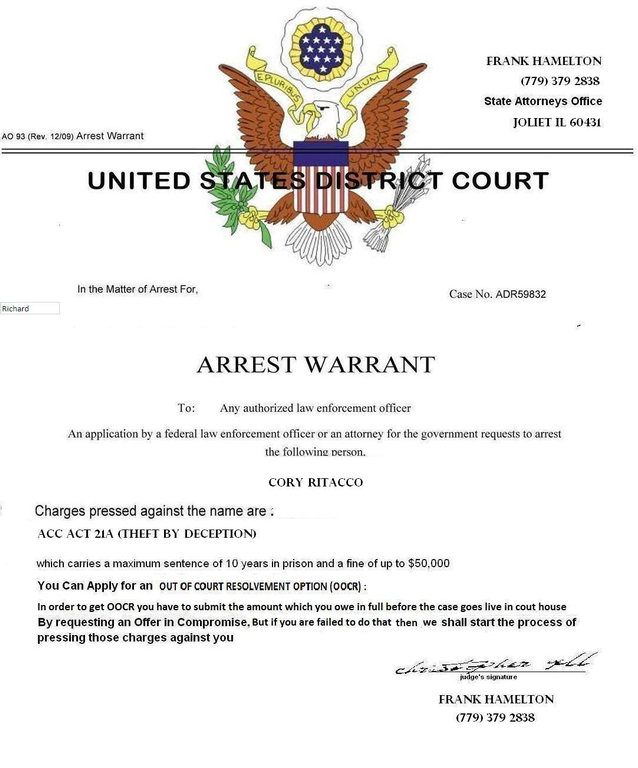
False arrests are not uncommon in the United States. There are times when the police do not have the authority to make an arrest, and yet still do so. This is illegal and can have longstanding repercussions. Here are a few facts on false arrests.
1. Arrest warrants are required to make a legal arrest. Without a warrant, most arrests are false arrests. Warrants are issued by the court. There are bench warrants, which bounty hunters use to bring in people who skip bail.
2. Aside from police officers, other people who are authorized by the police powers act can make a legal arrest. However, if an unauthorized person claims to be making a legal arrest under the guise of the police powers act, then that is very likely to be a false arrest.
3. For an arrest to be legal, there should also be reasonable and probable cause.
4. For misdemeanors, non-criminal offenses, and summary convictions, an arrest may be made. However, the arrest is only done to identify suspects. The next step should be giving suspects a summons for a court appearance. Holding them longer is not part of the legal arrest.
5. Ordinary citizens may arrest a suspect who they catch red-handed committing a crime if the perpetrator attempts to flee the scene. However, if time has passed by, only a police officer with a warrant may arrest the said suspect.

Joe Tacopina is the founder and the managing partner of the Manhattan-based Law Offices of Tacopina & Seigel. He specializes in civil, criminal, and securities litigation. Before entering private practice, Mr. Tacopina was a prosecutor in the Kings County District Attorney’s Office where he prevailed in 39 of 40 trials. For more insightful reads on the law, visit this blog.